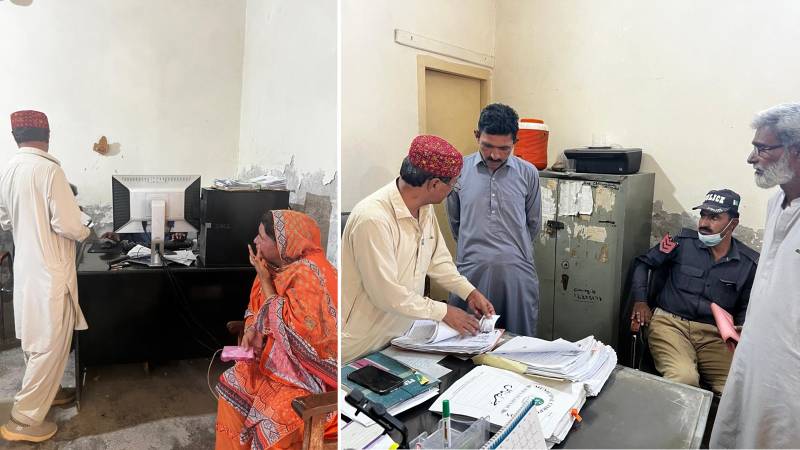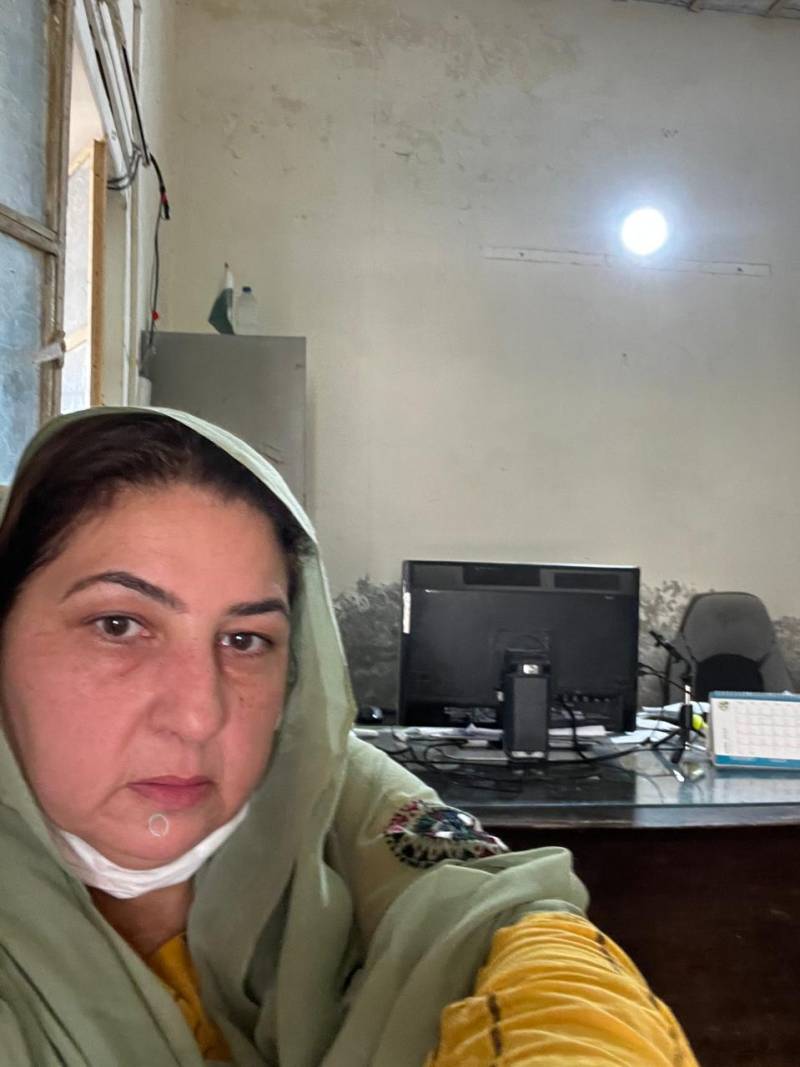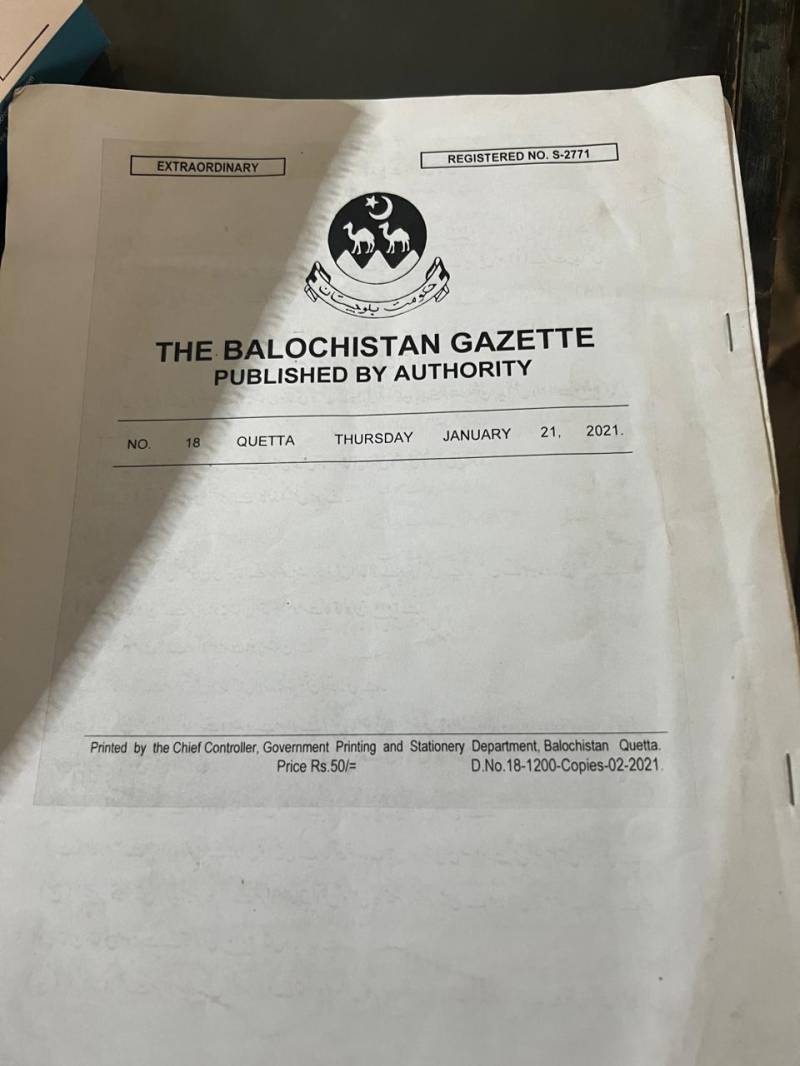
Namastay/Salam. My name is Rakhi. I sell clothes for a living. I live in a small enclave in Jaffrabad, now called Hindu Ghot. All around us are fields and agricultural land owned by the Golu and Bhugti landlords. We own our own land and there are about 30 families who live in my community.
Baji has asked me to recount my experiences trying to get my identity card renewed.
It is difficult for me to tell you, because I don’t understand the problem really. I will try the best I can.
I live in Hindu Ghot with my daughter. I met Baji when the rains had made us run towards the nearest high ground on the main road.
Baji offered to make my home in my village, when the water receded. I did not know what I did in my previous life, because I did not apply for this, nor did I have to give money to anyone. For my house to be made, Baji and her organisation insisted that I own the land and that they needed my Card (for the legal documentation). At that time, my Card was valid – or so I thought.
A few months later, after my home was constructed, Noor sb of Strengthening Participatory Organisation reminded me to renew my CNIC. I did not know this card needed to be renewed. I cannot read or write, and do not know what my card says. I did not know where and what to do. Noor sb informed me about the NADRA office in Jaffrabad and asked me to go there for a renewal.
I walked to the office and sat with the many people who were waiting for their turn. I realised that I needed a token – and that many had ‘purchased’ a token. I did not have the money to do so, so I just waited. After three trips to NADRA, I managed to meet someone who told me my CNIC was ‘blocked’. I did not understand what he was saying.
I told Noor sb, “NADRA said my card cannot be renewed.” I did not know how to explain what they told me.
Noor sb himself went to find out what was the issue. I believe he also had difficulty accessing the officer in charge at NADRA.
One day, when Baji was in town, she took me to NADRA office with Noor sb and insisted to meet the officer in charge.
I saw her speak at length to the officer in charge, her tone going up and down in a language I don’t understand. She was quite exasperated, insisting on something. And then the officer, after perhaps some time, said something which I could not understand.
Noor sb turned to me and said, “Tomorrow, we will come with your father Bhagwan.”
I was relieved but I could see Baji was not relieved or satisfied.
She turned to me and said “They are saying your age has to be changed from 1982-born to 1988.” I really do not know what she was saying. I just nodded.
Noor sb tried to explain: the NADRA people think I am older than my father’s CNIC date. Again I have to admit: I do not understand what they were saying to me. It seemed like the NADRA people just were not willing to help me.
What do they mean that my father is older than me?
Baji had to leave the next day.

I went to the NADRA office with my father the next day. We sat for many hours and were told eventually go home: “you have to provide some paper before you can renew your card again.”
What paper?
Baji returned again.
This time, she took me to another office. Another government office, a union council office where some paper I needed had to be made. All my village neighbours’ children’s forms were being submitted here, but my daughter couldn’t, because I did not have a valid card. I really felt excluded.
I could see Baji upset for me and she promised she would try and get my card on this visit.
I saw her speak to Asghar sb at this office, and he explained to me that a doctor was needed to sign some new paper. Baji said “OK, let’s go find a doctor.” She insisted that Asghar sb come with us. We piled up in her car: Noor sb, Asghar sb, Baji and I. We went to the district hospital.
We walked into one office. I had never just walked into meet a doctor. Baji, it seems, did not need to wait outside.
She spoke to one doctor, who then sent us to another doctor.
Then she spoke to one lady doctor who looked at the papers I had. There was back and forth, which I could see, and it further agitated Baji.
We were sent to another doctor, I think.
There, Baji spoke at length to perhaps the head of the DHQ. Baji, I could see, was very upset and turned to me and said, “Rakhi it seems in Jaffrabad no one wants to help, they want you to go to Quetta.”
Noor sb explained that, apparently, when I made my CNIC, and when my brother and sister made their CNICs, the ‘system’ blocked my card. Why? Because my sister and I were born too close in age? How is that possible?
My heart sank.
Quetta? Why do I need to go to Quetta?
Back at Asghar sb’s office, I saw Baji call someone in Quetta. Between her conversation with someone there and trying to explain to me that they were asking for some documentation which I did not have, I felt bad – but also ashamed.
Asghar sb explained to me that we need a ‘document’ to tell NADRA how old I was.

Also, I need another document to show my husband is ‘dead’ or for my “panchayat to say I am separated from my husband.”
I tried to explain to them: we don’t have documents for our marriages, separation or when someone dies. What are these documents? It seems these are important, but I was hearing about them for the first time.
Baji asked me as to who was with me when my card was made. I can’t remember, really. I did not know why that was important.
Noor sb explained that, apparently, when I made my CNIC, and when my brother and sister made their CNICs, the ‘system’ blocked my card. Why? Because my sister and I were born too close in age? How is that possible?
My mother was also of an age which is ‘unnatural’ according to their ‘system.’ I really don’t understand what they are saying.
But I remember Baji getting upset when Shanti brought her daughter-in-law and her son to the NADRA office for their cards. Baji has been telling us that we should not marry our daughters ‘young.’ How do I explain to her that it is our culture? When the girls get their periods, they are to marry. And we live in an environment where if we don’t get our girls married, there are so many possible dangers. I understand what she is trying to say, but she doesn’t realise our reality.
Last time she came, she celebrated Navrati with us, and she told us it was “aurat ka din” (Women’s Day). We had never heard of that. I remember she made us feel special.
Asghar sb took my papers made a copy and said, “Let me see if we can ask your union council member to help.”
Baji sat in that office for many hours. I saw all the children of another village that Baji is working in, receiving some paper – which made Baji very happy for them.
But I could see she was still sad.
I don’t quite know why my papers are so complicated. I don’t know what I did wrong. I have no idea what NADRA wrote in my card. I can’t read or write. I live in Hindu Ghot. I am simple woman who just wants a card.

